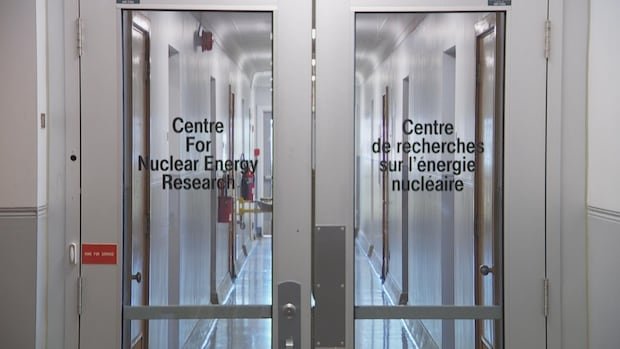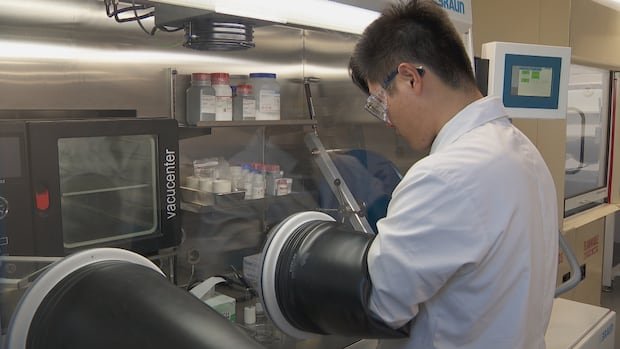A professor at the University of New Brunswick is emphasizing the necessity of nuclear energy to address the province’s increasing energy requirements in the future. William Cook, the director of UNB’s Centre for Nuclear Energy Research, highlighted the importance of introducing a comprehensive nuclear engineering degree program at the university to support the industry’s workforce demands.
UNB’s newly established Advanced Nuclear Reactors Laboratory, operational for a month now, serves as a crucial component for such a program. The facility, developed over eight years on the Fredericton campus, is equipped with tools that graduate students and researchers utilize to study the interactions of materials in environments resembling those found in nuclear reactors.
William Cook, the director of UNB’s Centre for Nuclear Energy Research, emphasizes the necessity of a complete nuclear engineering degree program to meet the province’s future energy needs.
Cook and his team oversee research focused on understanding degradation mechanisms within reactors, particularly corrosion. The primary objective is to identify factors that could lead to system failures over time and implement preventive measures.
In light of the growing interest in small modular reactors in recent years, the laboratory’s activities have been intensified to support the advanced reactor sector. Cook explained that the laboratory’s primary purpose is to back Generation IV reactor systems.
Demand for a Program to Introduce New Talent
Currently, the university offers approximately eight to ten nuclear engineering courses as elective options for students pursuing degrees in chemical or mechanical engineering. Cook advocates for the establishment of a complete nuclear engineering program at UNB to cater to the anticipated workforce requirements.

New Brunswick, alongside Ontario, stands as one of the two Canadian provinces with nuclear reactors, with the average age of nuclear workers in Canada currently at 55. Cook highlighted the UNB center’s longstanding collaborations with industry players, including those at New Brunswick’s Point Lepreau Nuclear Generating Station, as a strong foundation to seize emerging opportunities.
The province’s escalating electricity demands, expected to double in the forthcoming years, signal the necessity for increased nuclear power generation and a fresh wave of skilled workers.
To establish a complete nuclear engineering program, the University of New Brunswick would require expert instructors and professors to develop new courses and support research and development initiatives, in addition to the backing of UNB’s leadership.
- <a class="similarLink" href="https



